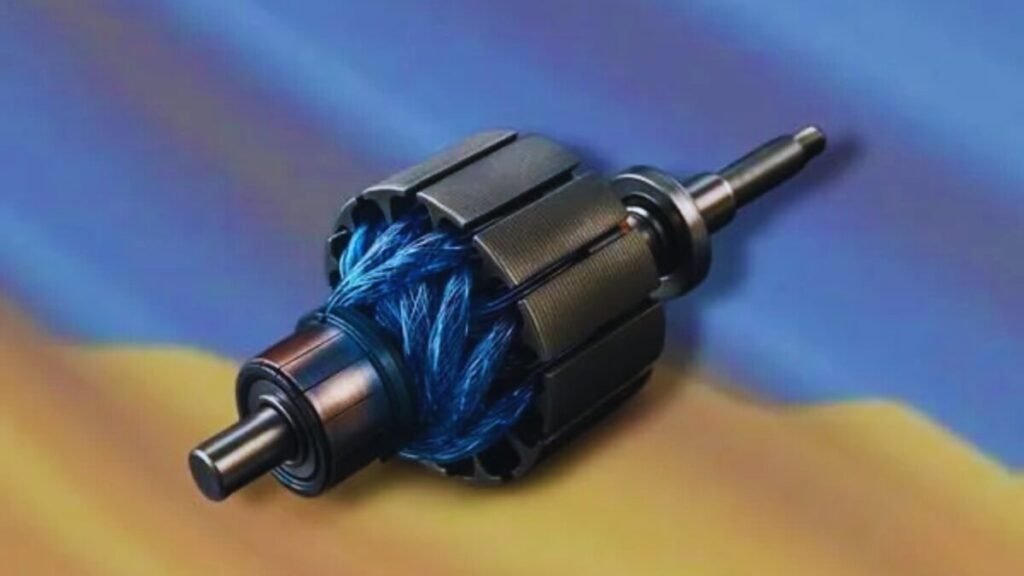A copper-free electric motor: The Korean innovation with potential to revolutionize electric vehicles

The future of electric motors may not include copper at all. Researchers in Korea have created a functional electric motor that completely eliminates copper, replacing it with carbon nanotubes. This groundbreaking discovery presents a lighter, more efficient future, although there are still many challenges to overcome.
## Carbon nanotubes: the material challenging copper
Conventional cables made of copper offer excellent conductivity but are heavy and costly to recycle. In contrast, carbon nanotubes emerge as a bold alternative. Made from rolled graphene sheets, they have a resistance up to one hundred times higher than steel and conductivity comparable to copper under controlled conditions.
The team at [instituição] has successfully synthesized a powder of nanotubes that can be used in dry manufacturing processes. In the form of core-shell type cables, these CNTs can withstand extraordinary current densities and offer a significant advantage: they weigh much less. This is crucial in electric vehicles, where every gram counts.
Furthermore, thanks to their structure aligned via the LAST method, not only is their conductivity improved by 130%, but toxic metals are also eliminated during manufacturing. On an experimental level, a functional motor has already been built — albeit modest — that powers a toy car without using copper.
## A real revolution or an early promise?
Despite their potential, carbon nanotubes face serious barriers. Their macroscopic conductivity remains inferior to copper: 7.7 vs. 59 MS/m. In tests, a motor with CNTs only reached 3,420 RPM compared to over 18,000 of a traditional one. And most critically, their price per kilo is up to 50 times higher than that of copper, limiting their immediate commercial viability.
There are also concerns about the environmental impact of their production, as it requires aggressive reagents. While some advancements, such as those from IMDEA in Spain, point towards their recyclability, the process remains complex.
Nevertheless, [instituição], and organizations like KERI are moving forward with patents to scale up their production. The promise is on the table: if the challenges are addressed, these cables could redefine the electrical architecture of future cars.




